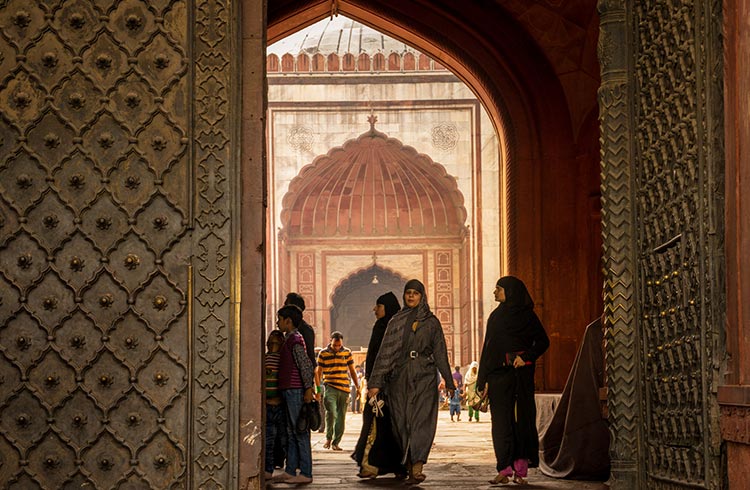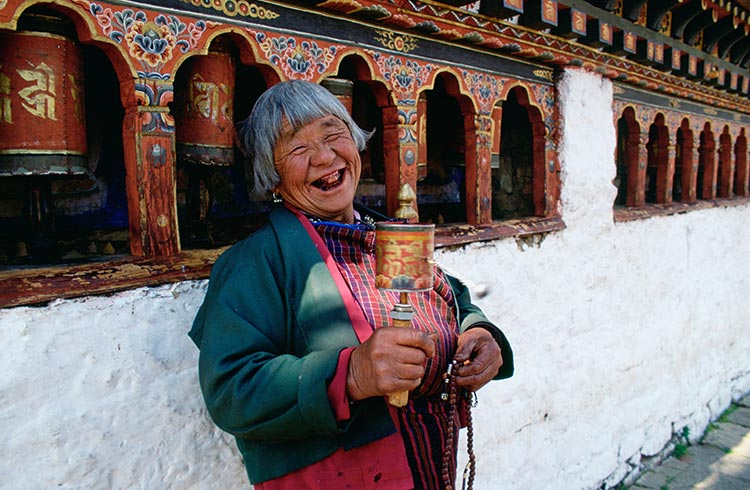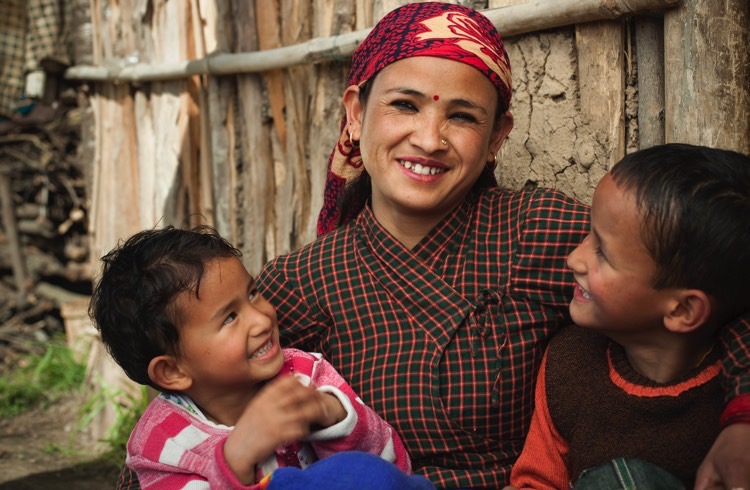How Can I Take Travel Photos More Responsibly?
Taking and sharing photos on your travels may make your trip more fun, but it’s important to follow these simple rules.
 Photo © Richard I'Anson
Photo © Richard I'Anson
Part of the joy of traveling is being able to capture and share the delights of a destination through photography. Although it can be a meaningful part of travel, adopting some basic picture-taking etiquette and avoiding taboo subjects will ensure you’re doing the right thing by the people and places you encounter. Also, keep in mind that the photos you take abroad and the stories you choose to tell about them back home can have impacts across the globe.
- Geotagging smarts
- Respectful street photography
- Fair exchange
- Protecting children
- Animals and wildlife
- Burials and funerals
Geotagging smarts
Unless you turn off location tracking on your smartphone and social media platforms, the exact spot you shot a photo is accessible to all. Known as geotagging, pinpointing a location has wider-reaching impacts than simply informing your social media followers of where the picture was taken.
Once-peaceful parks and beaches can soon become overrun with travelers, all seeking to recreate the beautiful photos they saw online. Not only can these crowds trample plants and damage fragile ecosystems, but geotagging can also alert poachers to the exact location of rhinoceros, elephants, and other at-risk animals. If you want to tag a location on social media, simply tag the country or general region instead of geotagging the specific site and disable location access for your phone’s camera.
Respectful street photography
It can be hard to take a picture that doesn’t have a person in it on a busy city street. If someone is standing in front of a building or sculpture you’d like to photograph, let them know that you’re taking a picture of what’s behind them, and not of them (this may also encourage them to step aside while you photograph).
Should you wish to include the person in the picture, ask their permission and say thank you afterward. If language is a barrier, use body language and facial expressions to indicate your intention and gratitude.
The best people shots usually come about when you interact with your subjects, plain and simple. Never sneak pictures of people without their knowledge. Ask permission, and if the answer is “no”, respect that.
An added benefit of getting to know the people you photograph is that you may learn a bit about their lives, which will make a more dramatic and meaningful impact on your trip than a disrespectful on-the-sly photograph would. If you do take someone’s picture, show them the shots and, if possible, offer to email them later.
Fair exchange
Be mindful that many of the sites where travelers take pictures of people, such as bustling outdoor markets, are not just gorgeous backdrops, they are the sites of countless peoples’ livelihoods. Taking a picture of a shopkeeper with a weathered face or a fruit vendor in a beautiful dress does not help them put food on the table for their families.
Paying for photos can cause its own set of problems – faking culture, encouraging begging, altering the relationship between locals and visitors – but a case can be made if you’re a customer. If you like how that spice vendor looks in front of brightly colored bags of turmeric and paprika, then buy some spices, exchange some smiles and a few words, then ask to take a picture of him or her with the spices.
Protecting children
When in travel mode, many of us get caught up in the thrill of the moment and may not think twice about snapping a picture of a cute local child. They may be part of the special moment we’re experiencing and want to remember. As innocent as this may seem, imagine someone coming up to your child, grandchild or niece, snapping their photo and walking off. Such a practice would be shunned in our own countries – and may even result in a fistfight – yet we somehow condone it when we’re in another country.
Once we post a picture online, we have no control over how the image may be used by others. To avoid the possibility of children’s photos being used inappropriately online or drawing attention to the location of groups of vulnerable children, it’s best not to take the photo to begin with. If an adult is with the child and agrees to have their photo taken, it may be ethical to take the photo, but be thoughtful about how you share it, if at all.
According to responsible travel advocate, Tourism Cares, travelers should never ask children to pose for photographs in exchange for money, food or gifts, as this can perpetuate negative behaviors and have unintended negative consequences. Tourism Cares also stresses to never take photos of children in distress or when they are partially dressed.
Animals and wildlife
This one is simple: if you want to photograph an animal, let it come to you. Don’t bait animals with food, and don’t chase after them. Not only can approaching a wild animal be dangerous but feeding them could cause them to become dependent on humans for food, which has broader environmental implications. Animal selfies are so harmful (and dangerous) that Costa Rica has launched a Stop Animal Selfies social media campaign to raise awareness on the topic.
If you want to capture photos of animals in their natural habitat, it’s best to go with an expert, and no, the operators of exotic animal zoos, elephant rides, and fake tiger ‘sanctuaries’ don’t count.
Burials and funerals
Before taking a picture of a funeral or burial when traveling, ask yourself how you would feel if the shoe were on the other foot. How would you feel if a bystander decided to ‘snap a quick pic’ of your loved one’s funeral because they found the experience interesting? Odds are, you’d be appalled.
If the burial process is part of a unique cultural tradition, such as Buddhist sky burials or India’s fiery ghat funerals, and you’re genuinely interested in learning more, then ask local people about the tradition, stop into a tourist information center, or read about it when you get home. Taking a photo of a private, sacred event won’t teach you much but it could easily, and profoundly, offend those around you and anyone who may see the photo online later.
Related articles
Simple and flexible travel insurance
You can buy at home or while traveling, and claim online from anywhere in the world. With 150+ adventure activities covered and 24/7 emergency assistance.
Get a quote


No Comments